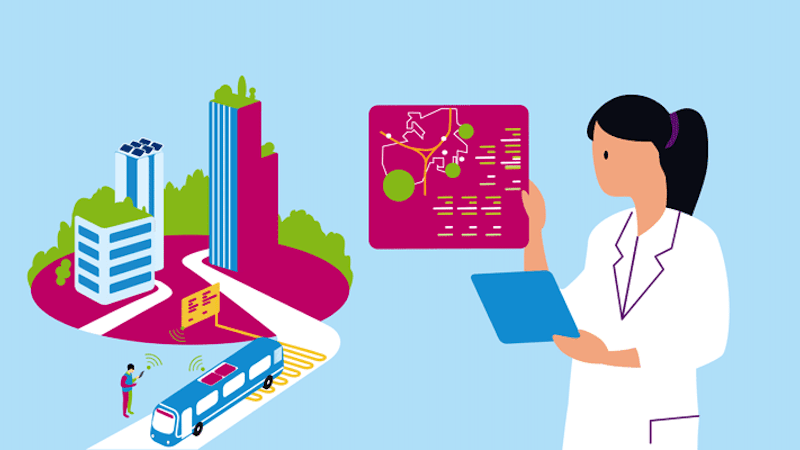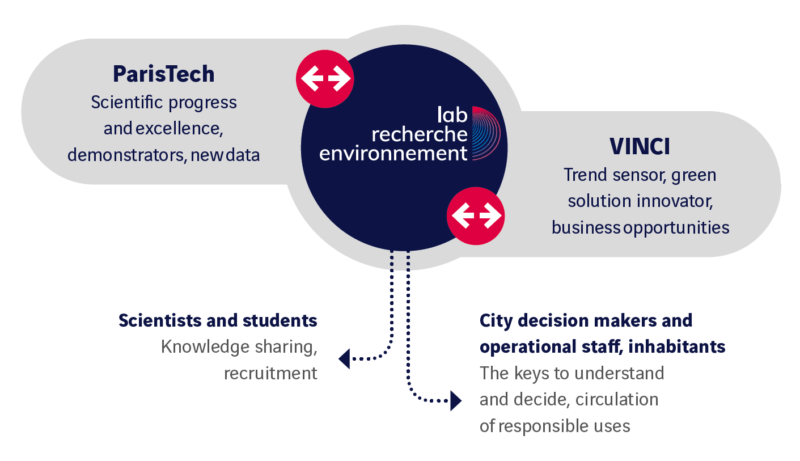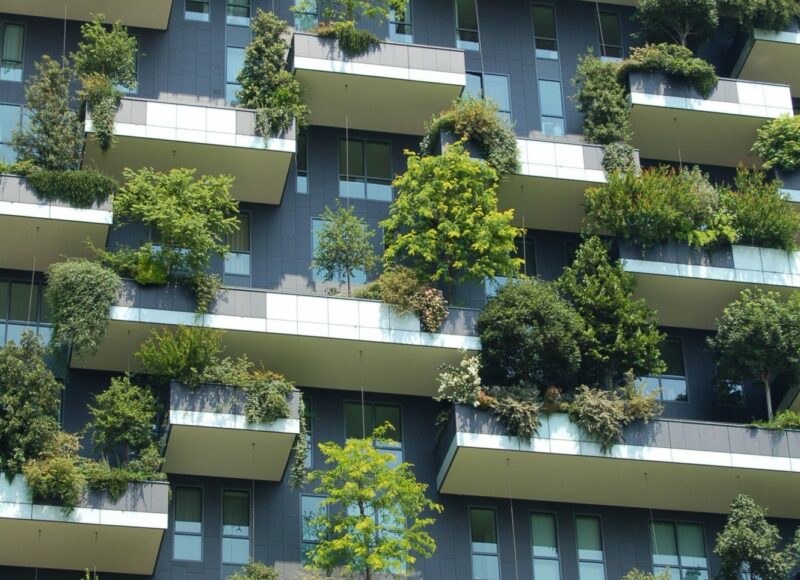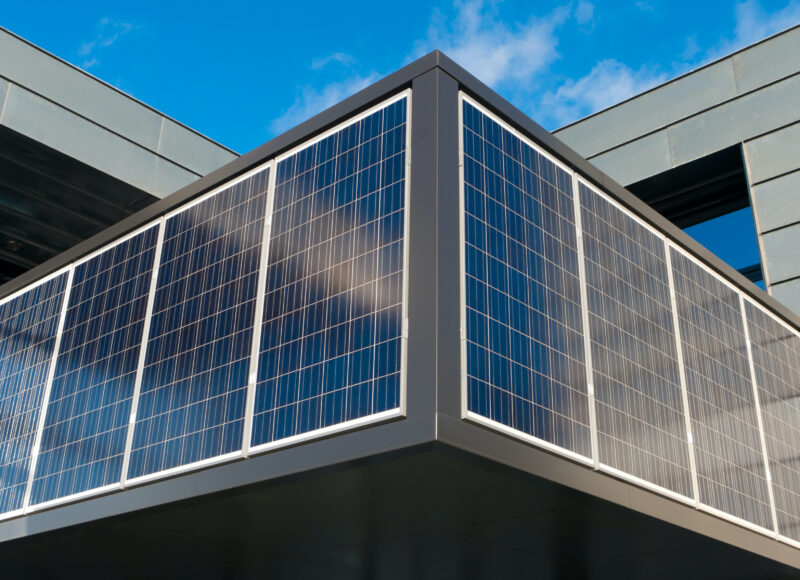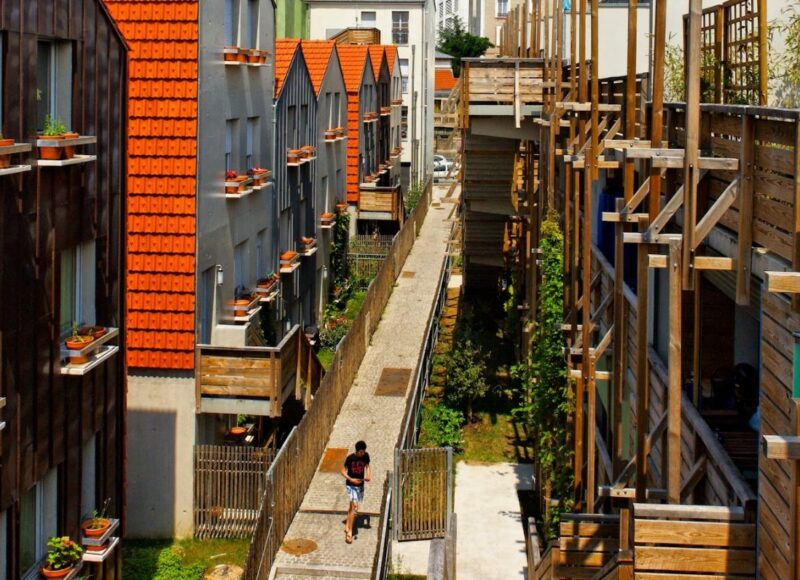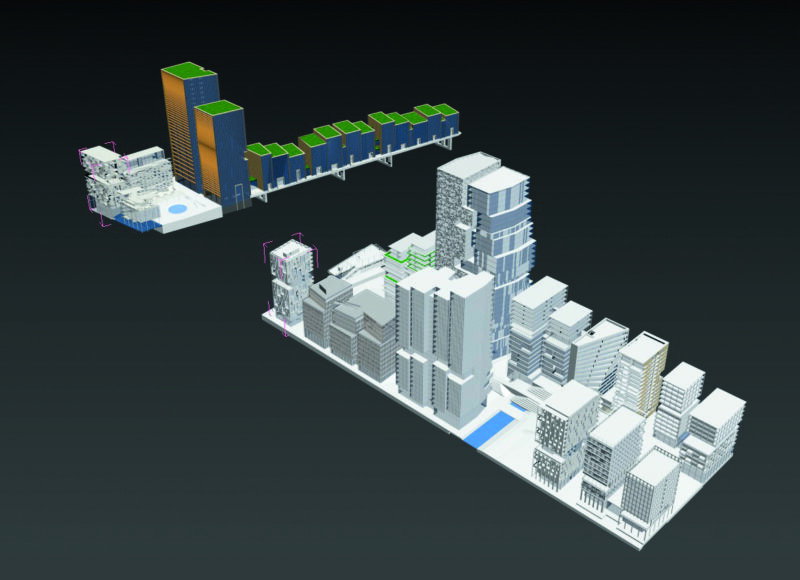30 January 2020Press release
VINCI and ParisTech launch the lab recherche environnement
VINCI providing €5 million in funding over a five-year period to support research in the fields of energy efficiency of buildings, sustainable mobility and biodiversity.
A partnership to build connections between science and industry.
Work to enable VINCI to expand its range of solutions and services at the cutting edge of environmental innovation.
A partnership to build connections between science and industry.
Work to enable VINCI to expand its range of solutions and services at the cutting edge of environmental innovation.
On the same subject
Reconciling nature and the city, a highly artificial environment, is an art that is practised from the scale of the building to that of the suburban territory, including that of the neighbourhood.
Learn more
Buildings can be designed and operated to radically improve their energy efficiency and reduce their environmental impact.
Learn more
Life-cycle assessment is a method to assess the environmental impacts of buildings and infrastructures throughout their life cycle, from the extraction of raw materials through to their end-of-lifetime handling.
Learn more
The environmental performance of mobility systems is linked to energy consumption, emissions of pollutants and greenhouse gases and the effects of disruption and fragmentation of natural habitats due to the construction
Learn more
Pilot site
A development project in the Les Lumières Pleyel neighbourhood in Saint-Denis (93) is the testing ground for research work by MINES ParisTech and École des Ponts ParisTech.
Learn more


